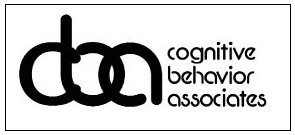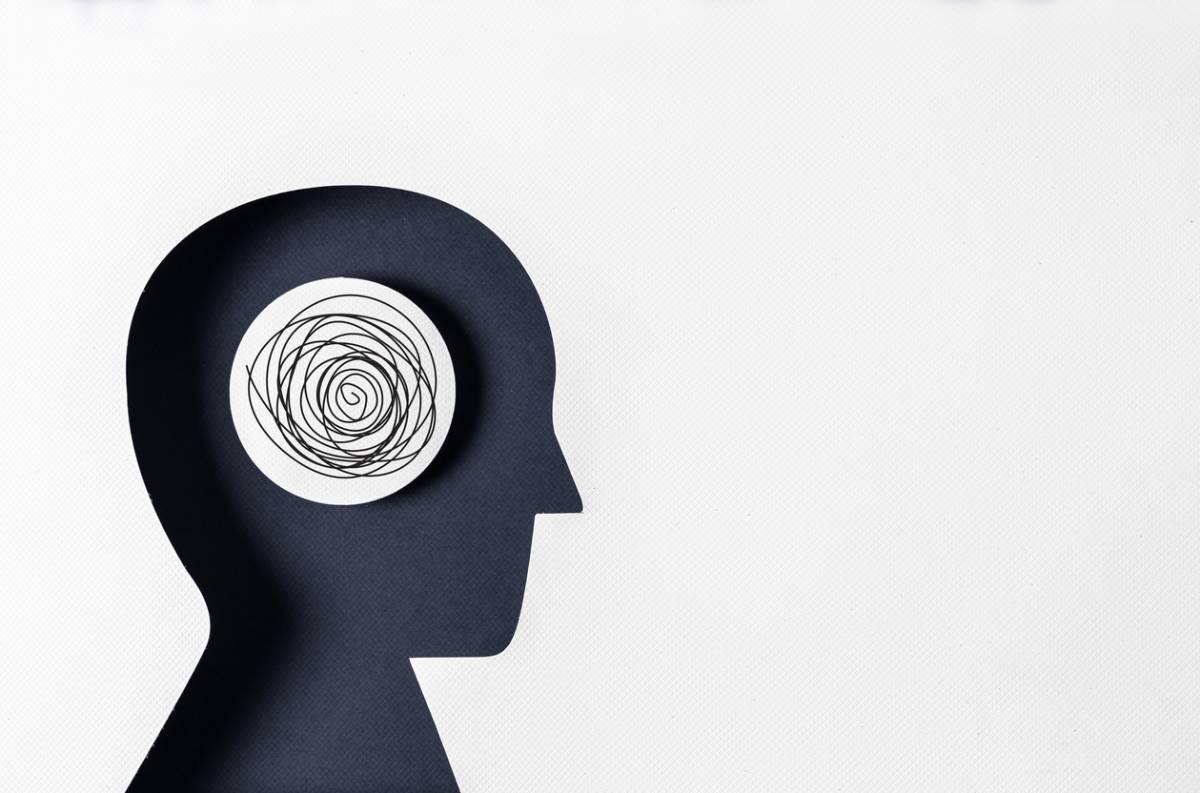We are currently living through one of the most challenging years in recent world history. The combination of economic distress, isolation, and the widespread loss of human life has naturally resulted in increased rates of mental illness across the board. However, it would be disingenuous to suggest that this trend is new. The truth is that organizations devoted to addressing mental illness in the United States have noted for several years that the rates of mental illness are continuously increasing. And we want to look at the link between sleep disorders and mental illness.
For the best cognitive behavioral therapy for insomnia in Los Angeles, visit CBA. We provide treatment for a range of disorders, with high rates of success. When you visit our insomnia specialist in Beverly Hills, you can get back to a better quality of life.
In 2018, Mental Health America found that 19% of American adults experienced mental illness that year. That is a 1.5 million person increase over the previous year. These same trends appear to replicate themselves among youth in the United States. Both are matched by increased rates of suicide ideation. Therefore, it is clear that mental illness is a prevalent and growing issue in the United States, one that we need to tackle to protect the health of the community.
The Chicken and the Egg
Previously, it was widely believed that mental health disorders were largely responsible for the fact that an astounding percentage of mental health patients also suffer from a sleep disorder. Continued research has clarified that perception, leading scientists to see the relationship as far more complex. Essentially, the link between sleep disorders and mental illness is a circular one, much like the proverbial chicken and the egg.
Researchers now realize that mental illness and sleep disorders are inextricably linked and often reinforce one another. This reinforcement may actually explain why mental health disorders can be so difficult to overcome. Lack of sleep makes it difficult to regulate our thoughts and emotions. Then the resulting struggle makes it more difficult to sleep. For many people, this is a serious problem that can make their struggle feel impossible. Fortunately, there are research-driven approaches that can help to relieve this burden.
Getting the Help You Need
Cognitive behavior therapy is a complex approach to treatment that works to help patients recognize harmful thoughts while developing coping mechanisms. This form of therapy can be paired with medication and additional counseling if appropriate. Still, your cognitive behavioral therapist’s primary aim will be to have you examine your own thoughts critically.
Analyzing your own anxieties and fears is a helpful way of undermining their connection to reality. Your therapist will help you isolate the thoughts that trigger your symptoms based on your mental illness’s nature. From there, you can discuss what validity those thoughts have, if any. By learning to recognize the thoughts and feelings that aggravate your mental illness, you can start deconstructing them to build a healthier relationship with yourself.
Applying Cognitive Behavior Therapy to Sleep Disorders
At Cognitive Behavior Associates, the staff understands that mental illness and sleep disorders go hand in hand. Their goal is to treat the whole person and that includes resolving sleep disorders that may make it harder for you to recover from your mental illness. Insomnia is the most common complaint, but there are several sleep disorders that commonly coexist with mental illness.
Working on Thoughts
For the most part, the general approach of cognitive behavior therapy can apply directly to patients suffering from insomnia. The CBA experts recognize that the harmful thoughts you have are often most clear as you lie awake in bed. However, there are some additional forms of treatment that your therapist may suggest in addition to your CBT treatment.
Programmable daylight lamps and blue light filtering lenses are some of the most common. These are useful because they limit the effect of external stimuli and maximize your natural circadian rhythm. Regardless of what approach you choose, CBT will give you everything you need to tackle your insomnia and your mental illness at the same time.

